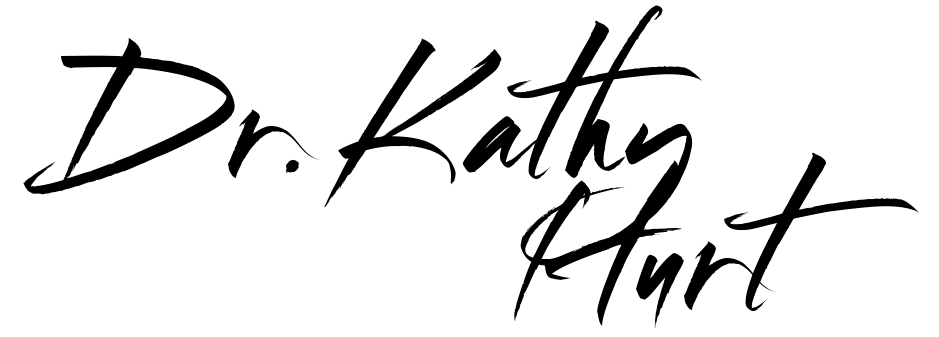More than one commentator has noted how we seem to have entered a time of not only greater fear, but a different response to fear than has usually been present. History presents us with national leaders who urged people to be brave in confronting fear, to refuse to let fear determine reactions. Now, by contrast, we are more likely to hear the need to let our fears shape our responses, and if we are not feeling afraid we are ignorant or mistaken. Regardless of one’s politics, fear is lifted up to drive whatever we do next.
Spiritual traditions have much to say about fear, usually to reassure us that we need not be afraid no matter what we are confronting. Fear comes from a concern for being in control; overcoming fear seems to depend on a willingness to not have control, thereby being open to guidance and support from others and from mysterious forces present around us.
Yet for all the teaching about how to move beyond fear, there is a place for fear in our spiritual lives, a kind of healthy fear that is not about control nor about survival, the usual sources of our fears. Spiritual fear is a mix of awe and humility, often elicited in the presence of something grand, overwhelming, and inexplicable. To be afraid spiritually is to know myself as a limited creature, flawed and unable to do everything or know everything no matter how hard I try, humbled by the recognition of my smallness, my insignificance, in the grand scheme of things. Alongside that humility, spiritual fear also brings a sense of awe: while I am realizing my own smallness, I am being confronted by a greatness that is beyond any control, often beyond any understanding. This dual dynamic, of humbling and awe, looks most like our human emotion of fear, though it is a very different kind of fear than the fear of being harmed, or the fear of being unloved. Instead, spiritual fear is strangely comforting because it invites me into my rightful place in the universe, neither at the center of everything nor outside or beyond everything, but just where I belong.
I wonder whether the present heavy trafficking in fear is the right idea but the wrong method. Perhaps what we need in order to mature spiritually at this point in our collective and individual lives is not alarming talk of what our political opponents want to do, or how immigrants might change us, or whether our economy will collapse tomorrow, but a first recognition of all that is outside our control. Then we might better be able to attend to what we can control, and be grateful for the help that comes from one another and from the Mystery that surrounds us.

Perfect timing for me to read this today. Thank you!